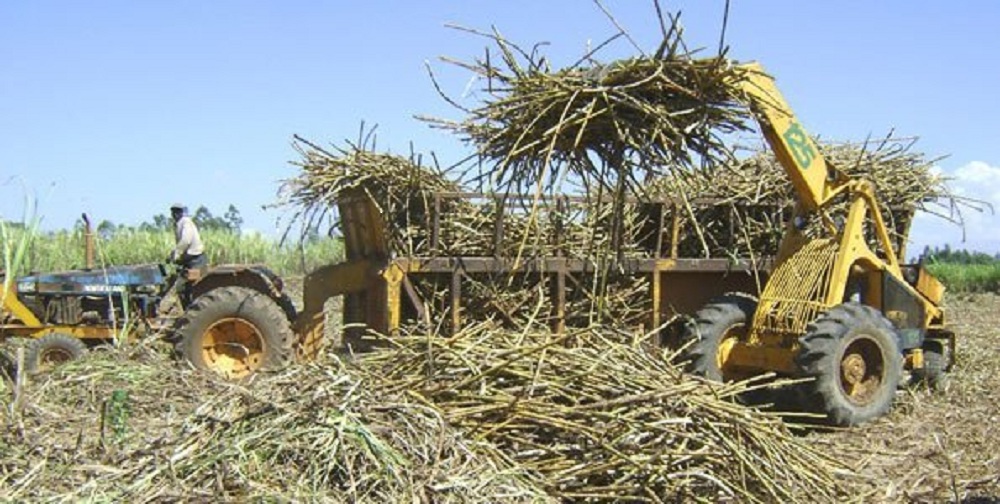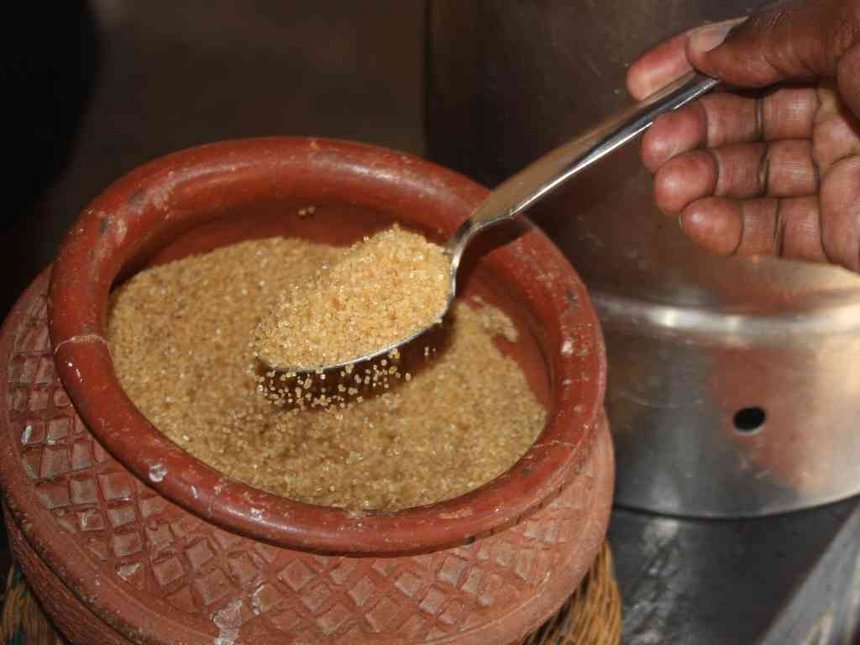[dropcap]K[/dropcap]enya’s sugar industry has many natural advantages, almost all of which have been undermined by policy and public mismanagement that has seen its productivity slump. As a result, when import protection ends, supposedly next year, the industry will be immediately undercut by far cheaper imported sugar. The costs to Kenya will be huge.
A quarter of a million farmers grow sugar cane. Up to six million Kenyans draw a livelihood from Kenyan sugar. As a nation, we save anywhere from Ksh 40 billion to Ksh 55 billion a year in import costs by using locally produced sugar – which matters more as our trade deficit continues to grow and place downwards pressure on the value of the shilling.
Yet to remedy the decline in the industry the government has drawn up new regulations that appear unjustified and even inexplicable.
COMESA has warned there will be no further extensions in protecting domestic sugar production from imports, yet Kenyan sugar is currently costing $870 a tonne to produce, compared with $350 a tonne in Malawi and $400 a tonne in Egypt.
There is, thus, no possibility of Kenyan sugar competing against imports without the cost of production falling dramatically. That makes it a top priority for the new regulations to reduce production costs.
Yet, the proposed new controls comprise a peculiarly old-fashioned model of expensive (for taxpayers) state intervention that is set to further load costs, and actively prevent the key corrections that can reduce Kenyan production costs.
The starting point for Kenya’s excessive costs is seeds. Farmers are still using old fashioned, low yield seeds, meaning that Kenya produces far less sugar per hectare than any of its competitors.
A clear jumpstart would have come from regulations that encouraged entrepreneurs to produce any of the 13 new high yield seeds developed by the Kenya Sugar Research Foundation (KESREF) and already released for commercial production. Likewise, delivering on the Crops Act’s commitment to extension services to get farmers to switch to better seeds would have lifted yields by up to 100%.
Related: Mumias Sugar sinks further into negative territory after posting Sh15b loss
Instead, the regulations put sugar cane seed production under the control of the Sugar Directorate, taking it away from the Kenya Plant Health Inspectorate Service (KEPHIS) that handles all of the rest of the country’s seed licensing.
Setting up a new department in the Sugar Directorate with the technical capacity, expertise and infrastructure to test seeds and approve seed growers will be costly and time consuming, and only replace what KEPHIS already does. Moreover, instead of fast-tracking additional licensing, it promises a period of delayed and disrupted seed licensing. Nor has it ever been explained how this unorthodox new department will help in solving the sugarcane seed problem.
The next ‘dead hand’ on Kenyan sugar production is the mismanagement and inefficiency of our mills. We produce around 5.3m tonnes of sugar cane a year, and have 16 sugar mills, while Egypt produces only half as much sugar cane at 2.8m tonnes, and has just 14 mills.
Yet Egypt produces nearly five times the sugar that we do – 2.3m tonnes, compared with our 0.5m tonnes.
That’s because its mills are larger and newer, and crush better-quality sugar cane more efficiently.
Yet, instead of encouraging new mill investment, building incentives for higher quality cane, or chasing more modern machinery, the new regulations have added a framework that is proven to deter farmers, and additionally created extra disincentives to mill investments.
The regulations introduce zoning, which means every farmer growing sugar cane is assigned just one mill they can sell to. Other countries tried similar programmes historically: without exception they drove farmers out of cane production.
In Australia, the introduction of zoning damaged a once thriving industry, delivering a constant average fall in sugar cane production of 2.6 per cent a year. When the country abandoned zoning, the industry was transformed: raw sugar production doubled in just five years.
Other sugar growing countries like Pakistan, India, and South Africa have all experienced the same.
Yet, as Kenya now moves to the zoning that others have reversed, it has also introduced extraordinary new rules around mill investments, such that investors must put in place high powered management teams up to two years before getting licences or going into operation, and must build sugar mills first, before finding out if they can be licensed.
No investor will take such a risk, investing millions on the hope of a possible subsequent license to operate.
Perhaps not surprisingly, the new regulations are also not legal. In addition to breaching the Constitution and multiple other laws, they never underwent an impact assessment, which is required as a matter of law in creating new regulations that affect large populations.
Read: Six ways to experience Dubai’s magic during your next layover
The Parliamentary Committee on Delegated Legislation is due to review this decision to ‘forget’ to carry out a cost benefit analysis, or any comparative assessment of other policies. And maybe there may be a new try yet by the government to introduce regulations to encourage the use of better seeds and greater mill investment, and make Kenyan sugar as good as the rest of Africa’s sugar.
For six million Kenyans, the hope still exists for a more serious try at reducing production costs to the levels that Malawi can manage, and we can too, given the chance.










Leave a comment